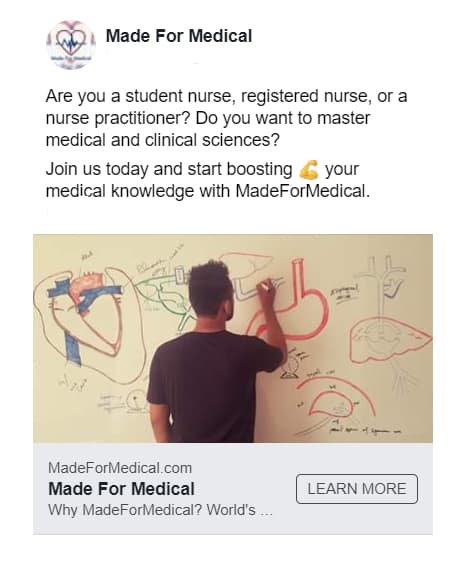Stages of Shock
Stages of shock are
- An initial non-progressive stage
- A progressive stage
- An irreversible stage
Stages of Shock
Non Progressive Stage
It involved the following compensatory mechanisms.
- Baroreceptor reflexes – Which results in sympathetic stimulation of the circulation
- Central nervous system ischemic response – Not activated significantly until the arterial pressure falls below 50 mm Hg.
- Reverse stress-relaxation of the circulatory system – Which causes the blood vessels to contract around the diminished blood volume so that the blood volume that is available more adequately fills the circulation.
- Increased secretion of renin by the kidneys and formation of angiotensin II –
Which constricts the peripheral arteries and decreased output of water and salt by the kidneys. - Increased secretion by the posterior pituitary vasopressin – Which constricts the peripheral arteries and veins and increases water retention by the kidneys.
- Increased secretion of epinephrine and norepinephrine by the adrenal medulla – Which constricts the peripheral arteries and veins and increases the heart rate.
- Compensatory mechanisms that return the blood volume back toward normal – Which causes absorption of large quantities of fluid from the intestinal tract, absorption of fluid into the blood capillaries from the interstitial spaces of the body
Progressive Stage
Progressive stage of shock is classified as follows
- Hypovolemic shock
- Cardiogenic shock
- Obstructive shock
- Distributive shock
Irreversible Stage
Irreversible shock can be defined as the last phase of shock where despite correcting the initial insult leading to the shock and restoring circulation there is a progressive decline in blood pressure and perfusion with progressive organ failure and death despite any heroic attempts to resuscitate the patient.
Disclaimer: The information provided on this website (www.MadeForMedical.com) is only for educational purpose and is copyrights protected. While we tried hard to write quality articles but still, the articles and the information within them is not guaranteed to be free of factual errors or typos and hence may not be correct. You are advised to independently verify the claims in the articles and make your own conclusion.
